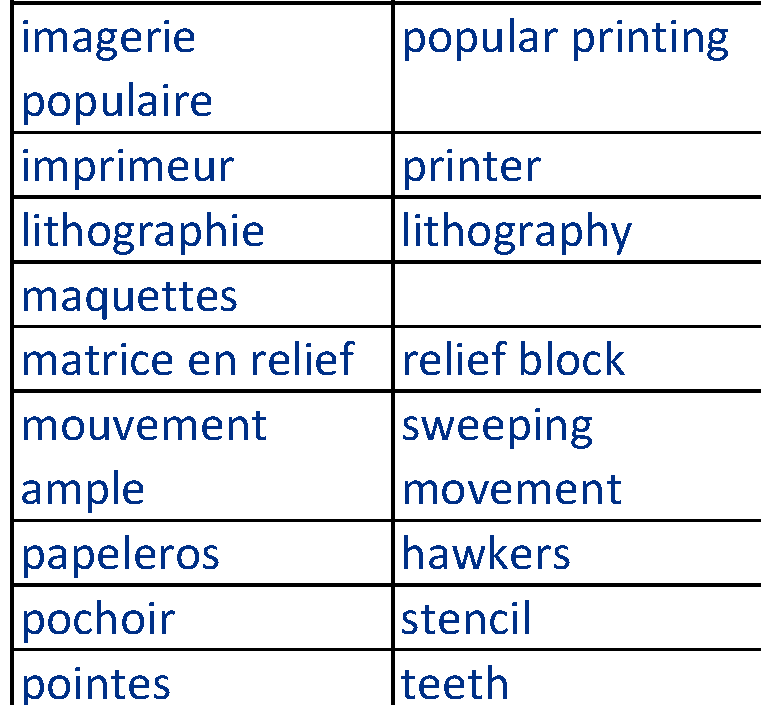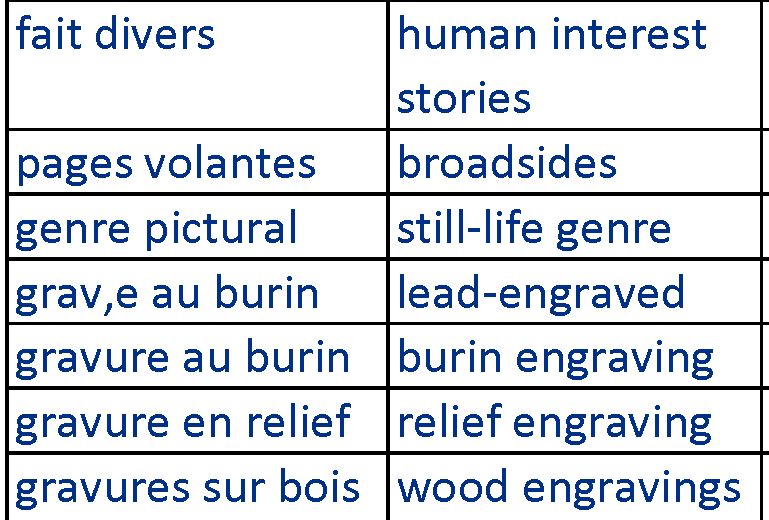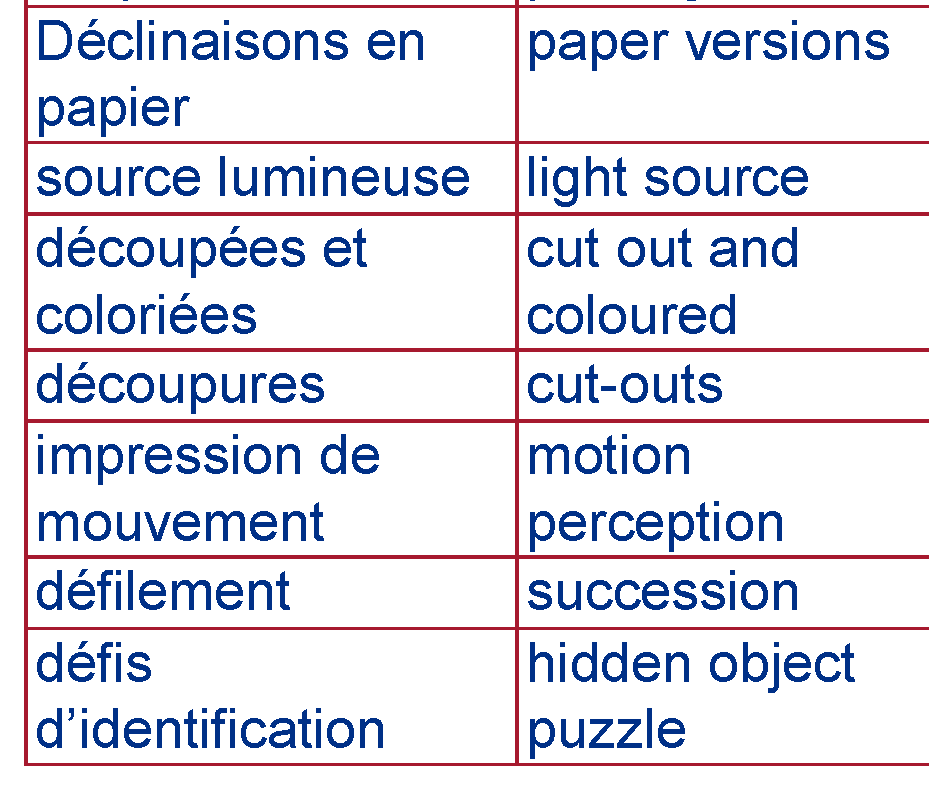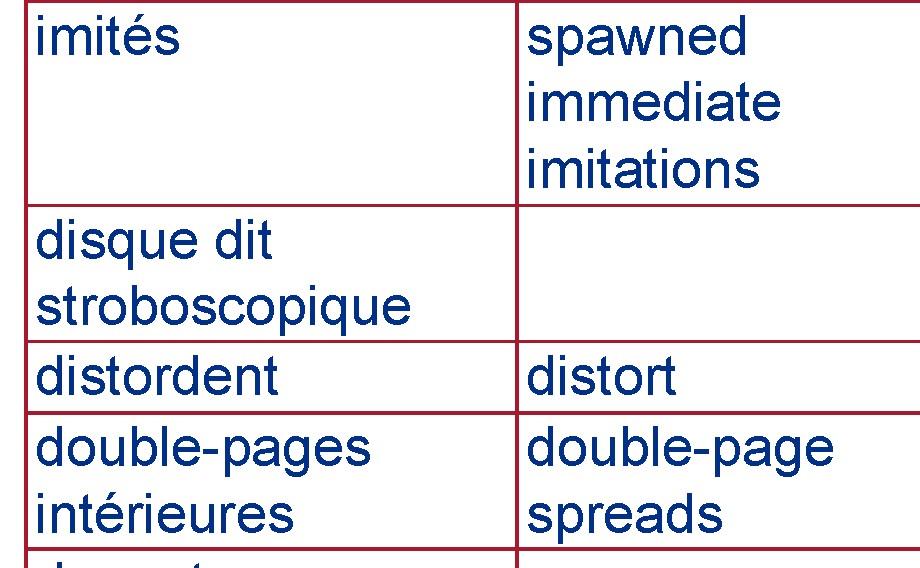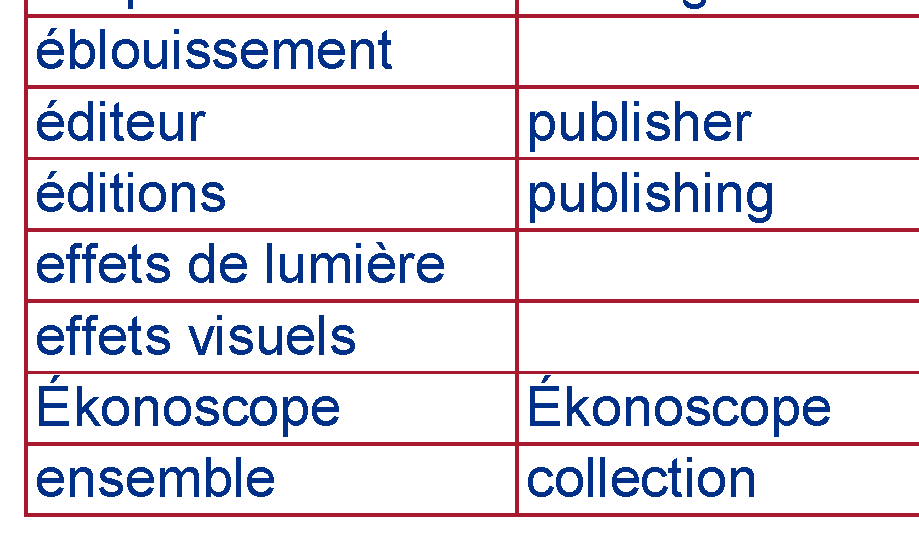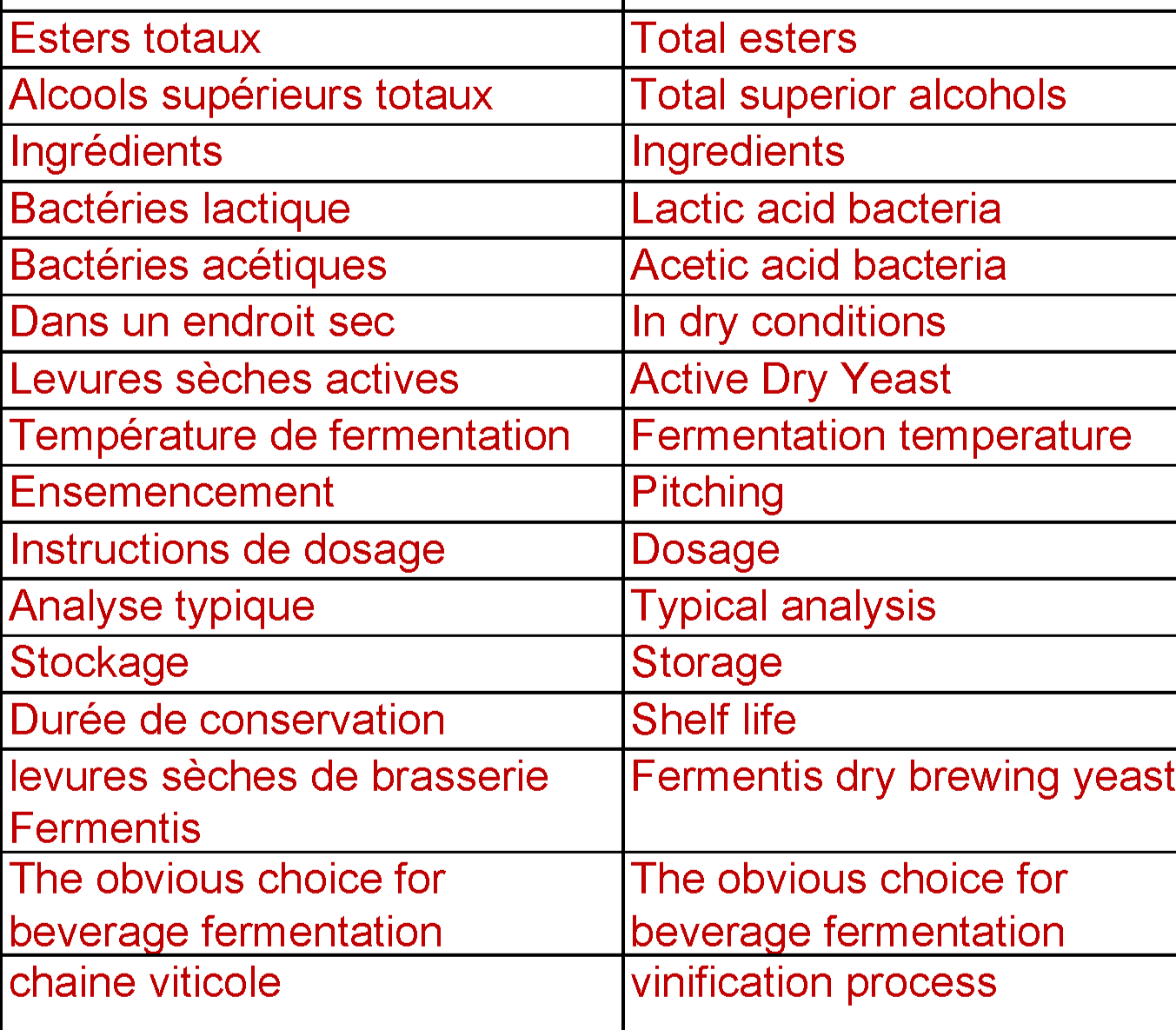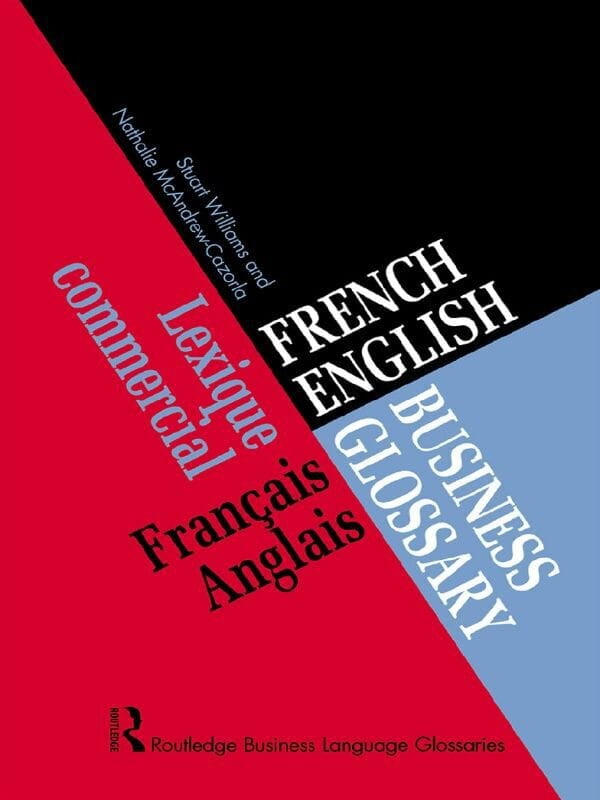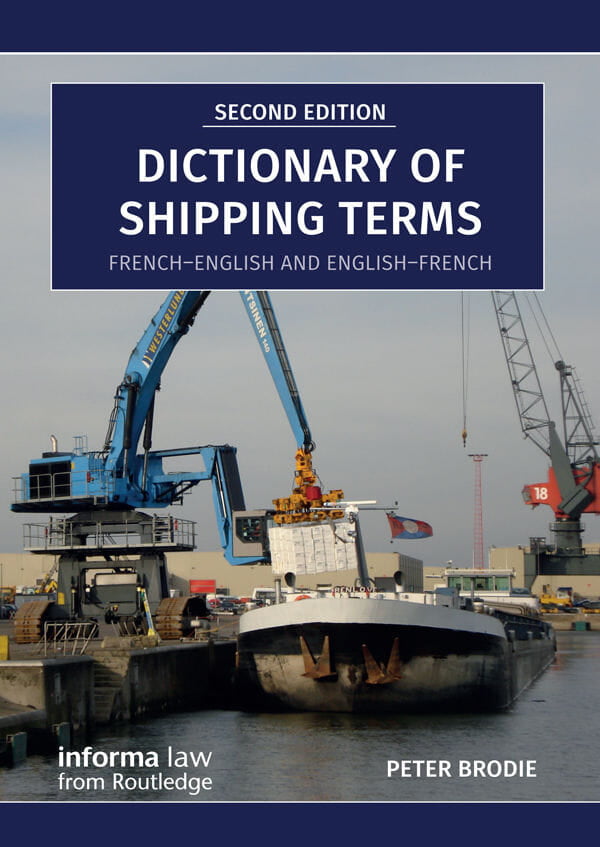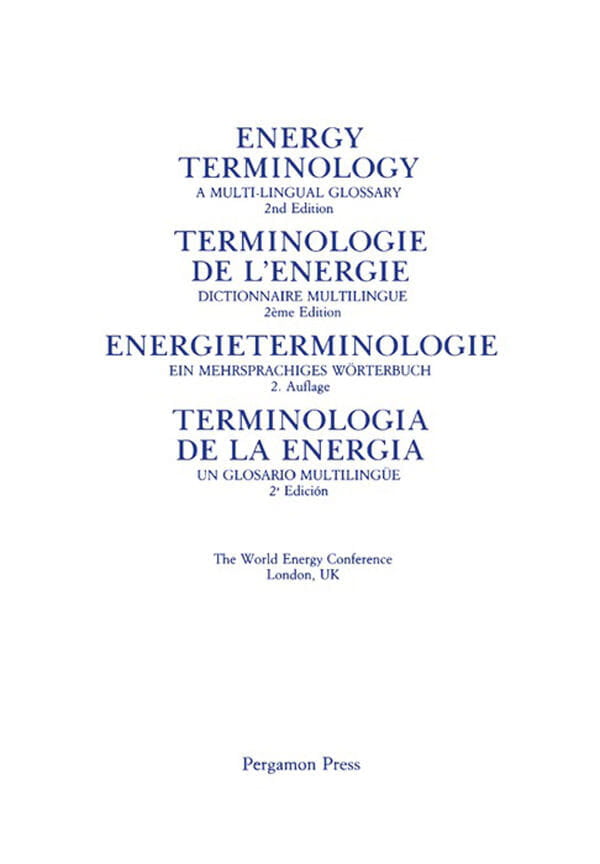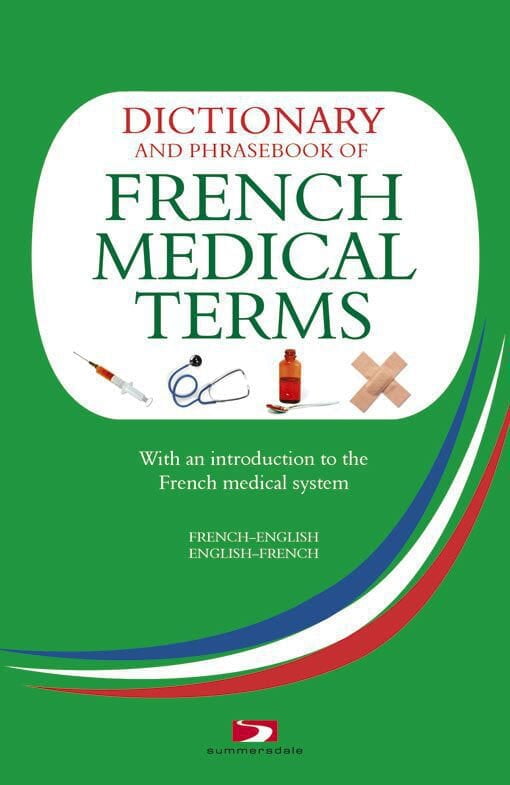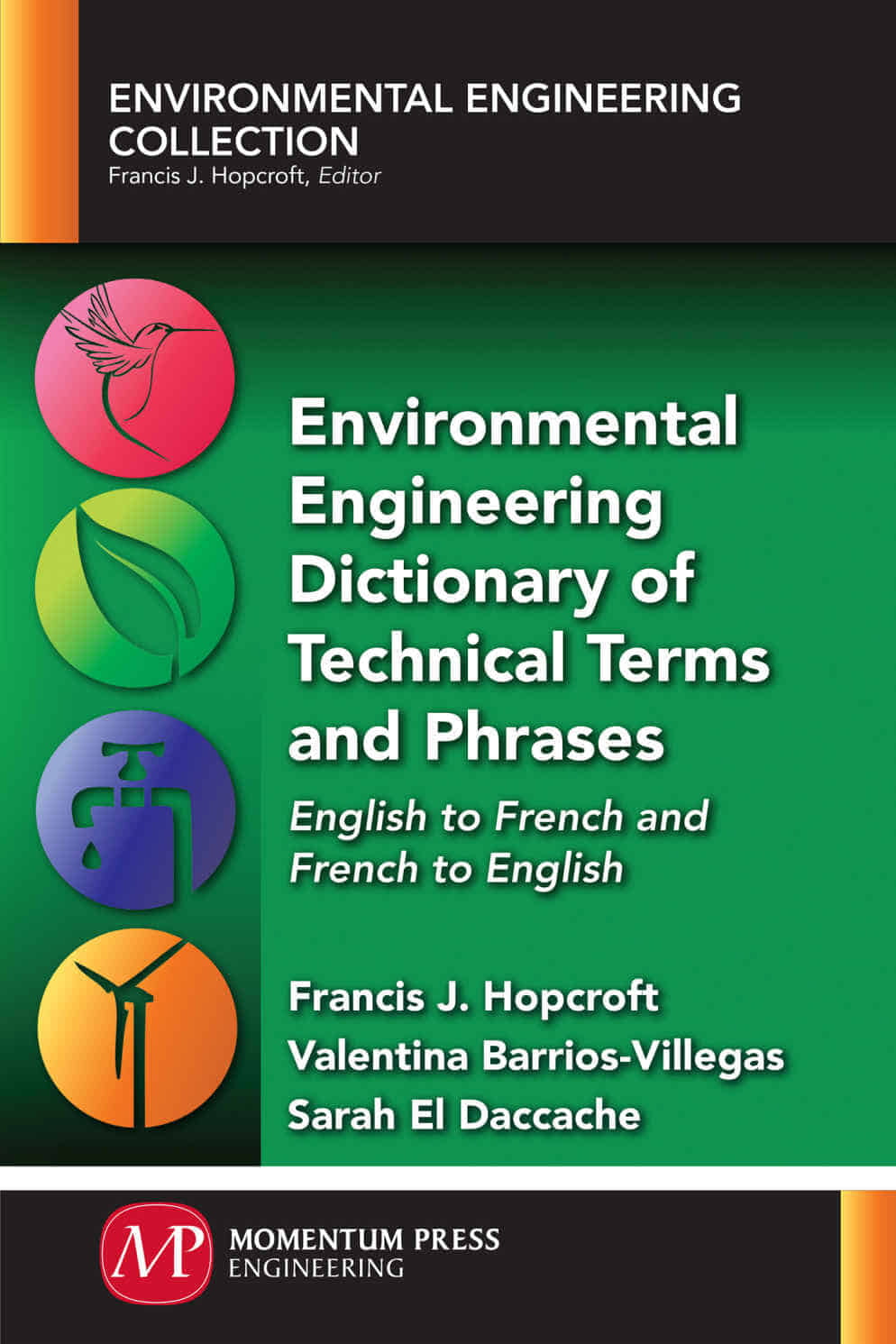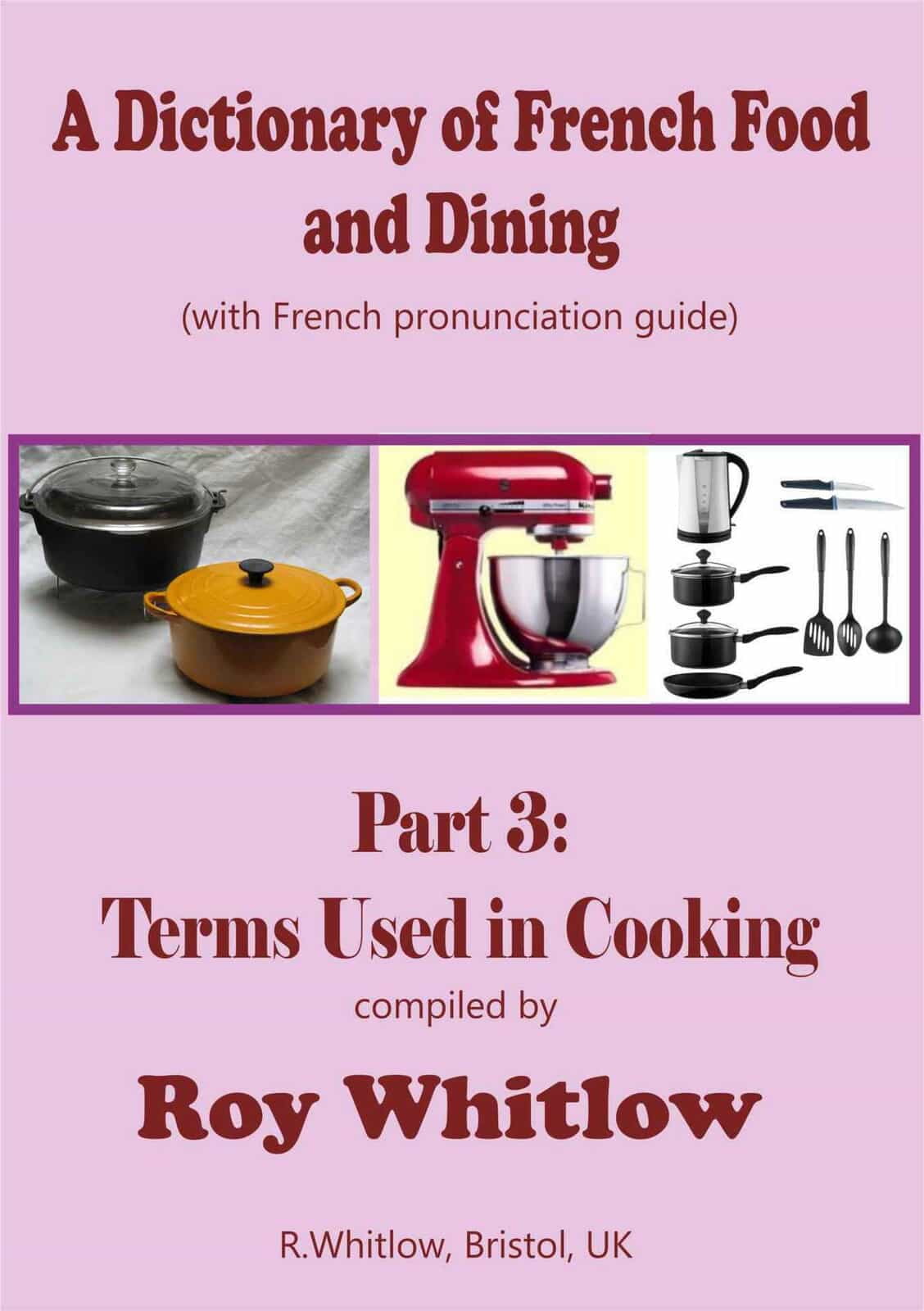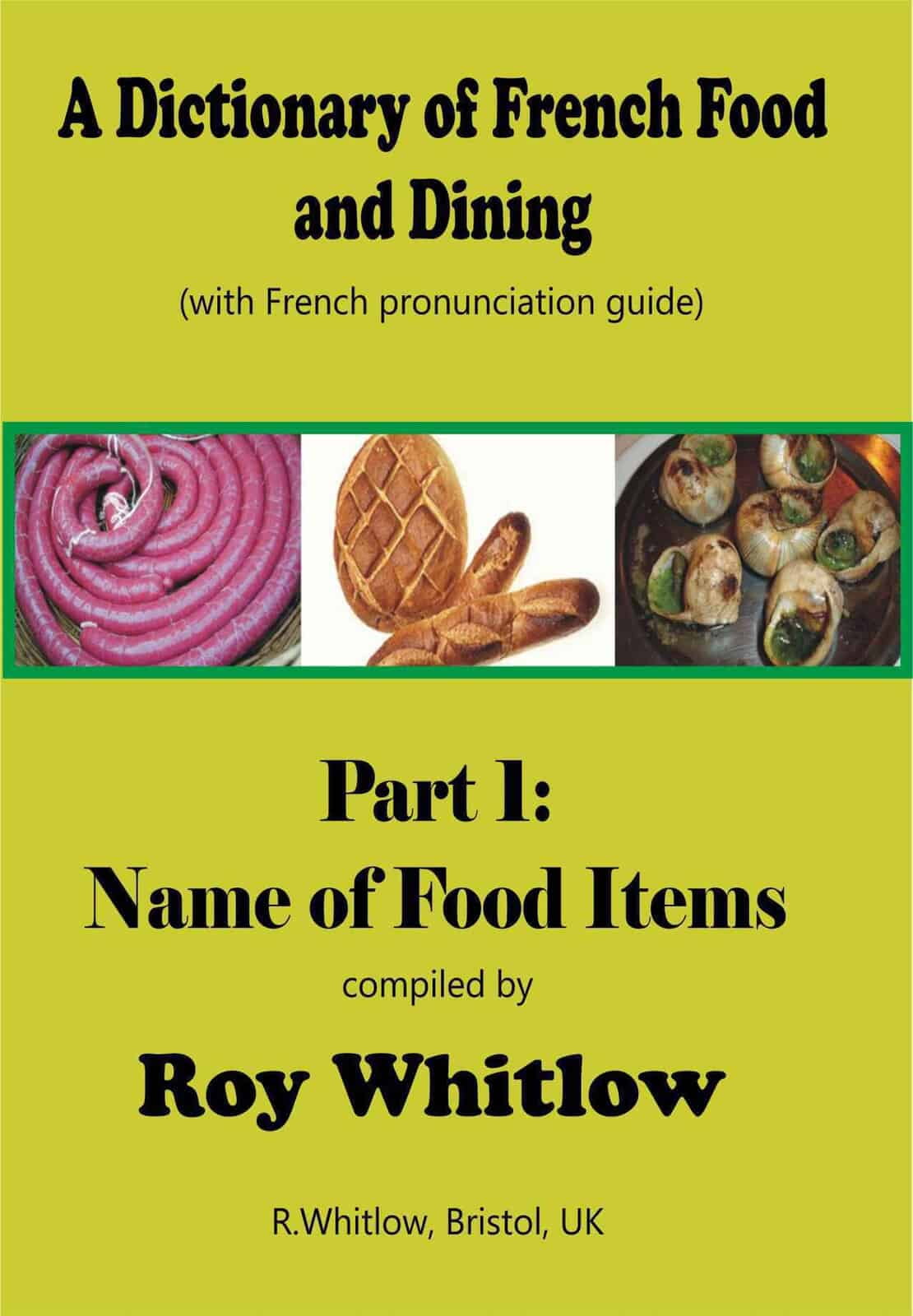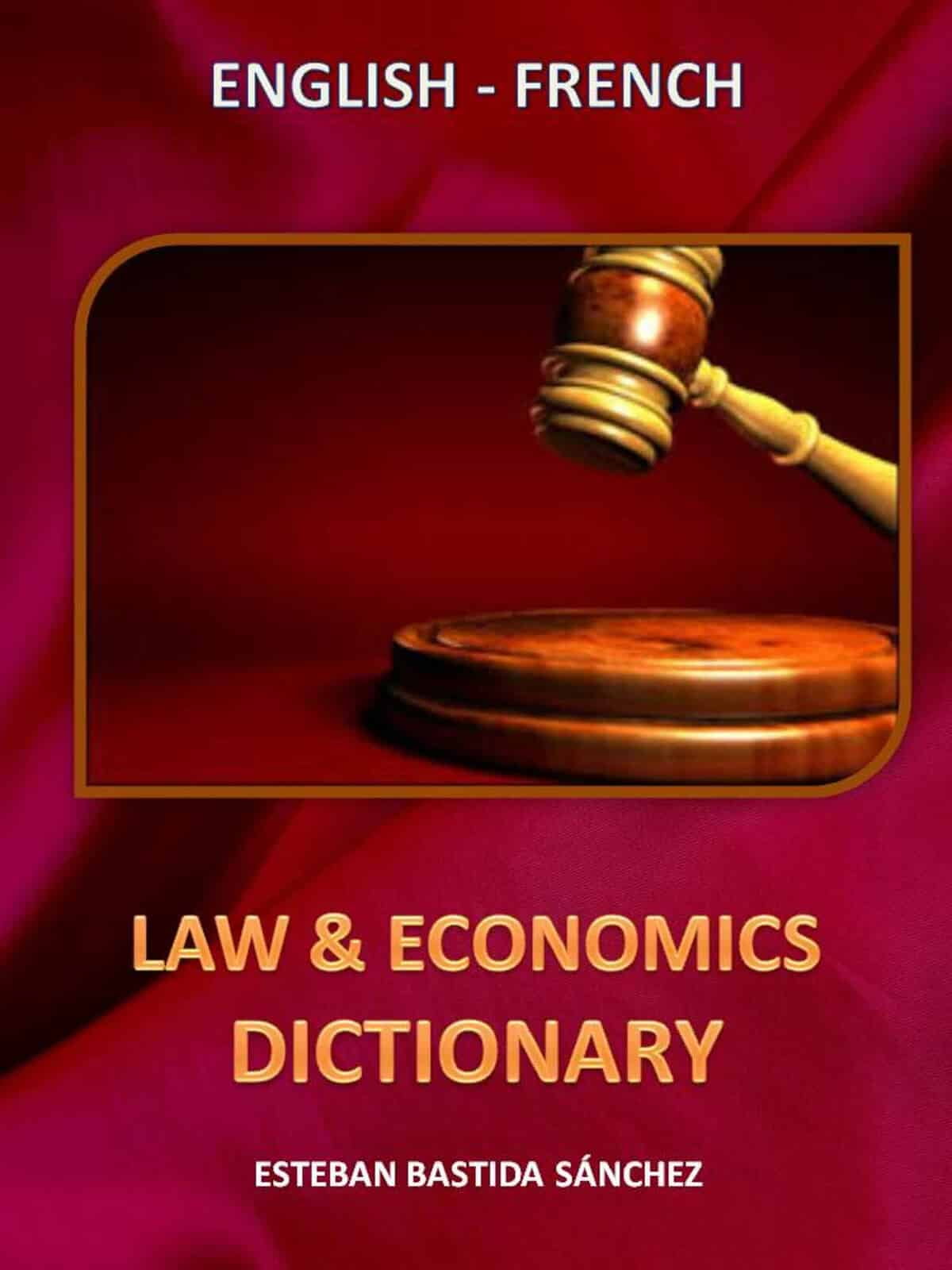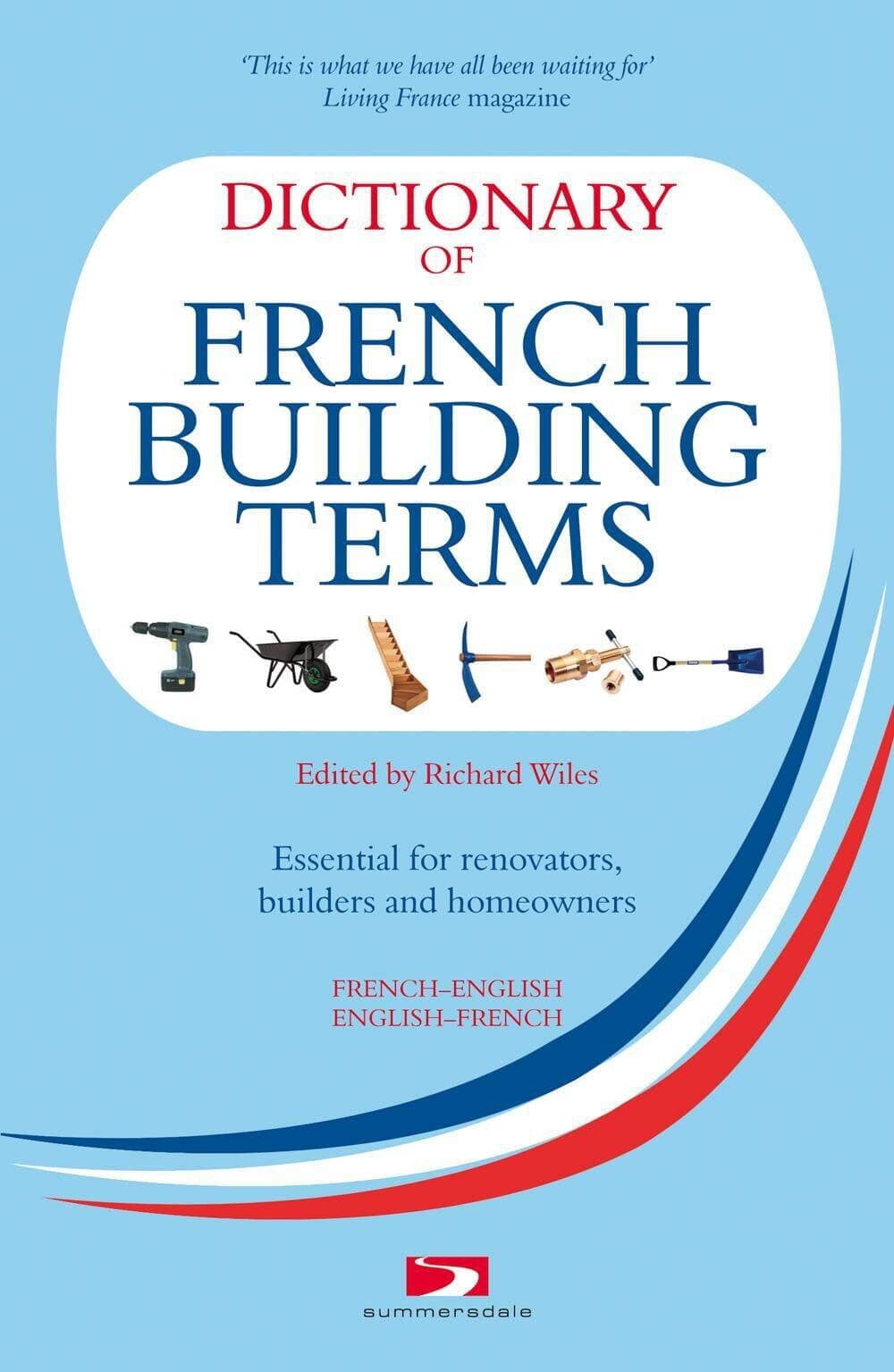How not to insult a minister)
Glossaries are an essential part of the translator’s toolkit, particularly when working on multiple documents or collaborating with other translators on a single document. They also ensure that translated materials reflect the client’s corporate identity and goals. By adding glossaries to our translation software, we can quickly refer to relevant entries and maintain consistency.
Many terms have “official” translations, but it’s all about context, both in terms of subject matter and syntax. A French word may have multiple meanings in English and it’s important to add each one to the glossary (or, if options are endless, add none and trust the translator to make a judgment call).
“Achats” may be translated as “purchases”, “purchasing” or “procurement”. “Approvisionnement” might be “supply” or “procurement”. In the IFRS glossary, the English term for “référentiel” is “accounting basis”. But if the subject is an environmental report rather than financial statements” the appropriate term is more likely to be “framework”, “guidelines” or “standards”.
Some French nouns are countable and the English equivalents are not, for example “formations”/”training”. Although, in the US “trainings” is used. But only in certain contexts. That’s another thing, the glossary needs to consistently reflect the geographical location and cultural considerations of the client’s target market.
Capitalisation matters too. Job titles and departments tend to be capitalised in English but not always in French.
False friends can sneak in and subject your text to a campaign of linguistic guerrilla warfare.
Each entry in the Wordbank is the result of pain-staking research.
A small sample of sources
Did you know the word “ministre” can be a false friend? In France senior ministers are “ministres”, “ministre d’état” is an honorary title and junior ministers are “secrétaires d'État”. In the UK, a “secretary of state” is a senior minister who heads up a government department. However, the plural “ministers” is used for any group of ministers, regardless of rank. In the US, the Secretary of State is the equivalent of the UK Foreign Secretary and the French “Ministre des Affaires Etrangères”.
In France, a “cabinet” comprises officials who work for a minister. The UK equivalent is the “private office”. In the UK, the “cabinet” is the senior decision-making body, made up mainly of senior ministers and secretaries of state. In France, the equivalent of the UK cabinet is the “Conseil des ministres”.
Confused? Get it wrong and you could end up demoting your boss. I’ve worked with ministers. Believe me, they don’t like that.
We are natural nit-pickers who obsess about this stuff so you don’t have to. If you need a translation, hire a professional.

I know how much reflection, research and attention to detail goes into your reports. I am driven by the determination to do justice to your work.
Why not contact me to discuss your translation needs? Your work is safe in my hands.

